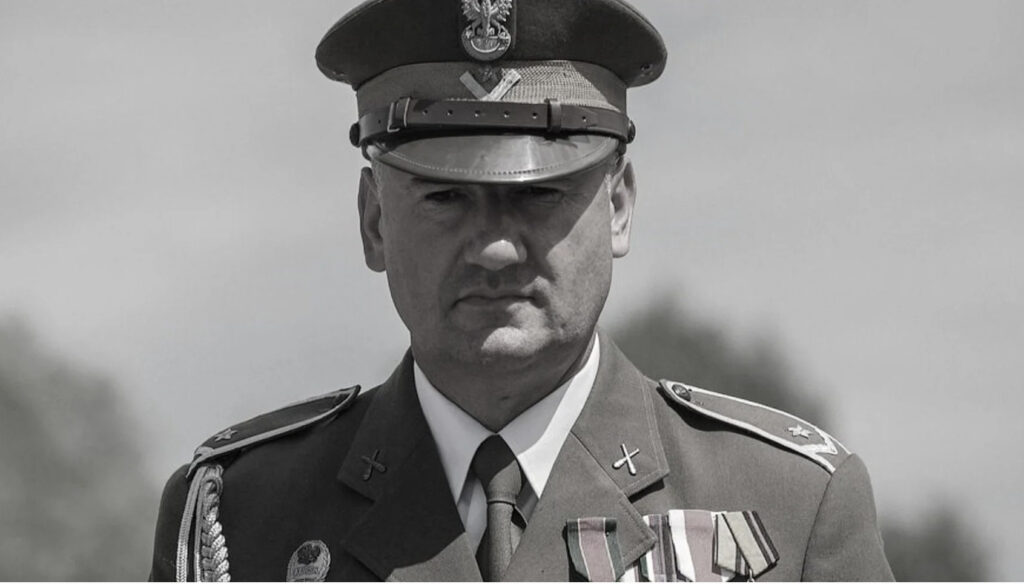Polish activist who believed in return of “Polish-Russian friendship” killed fighting against Ukraine

Jerzy Tyc, a Polish citizen who headed an organization dedicated to restoring Soviet war memorials in Poland, has died while serving in the Russian army fighting against Ukraine.
The 60-something Pole had been living in Russia for years before joining Putin’s army under the call sign “Zygmunt.” His death was confirmed by authorities in Russia’s Kursk Oblast on their official Telegram channel.
Received Russian medal for restoring Soviet monuments in Poland
Tyc’s story reveals the complex loyalties that persist decades after the Cold War ended. He led the Kursk Association, which restored dozens of Soviet soldier monuments and graves across Poland. The work earned him Russia’s “Memory of Defenders of the Fatherland” medal in 2020, personally awarded by then-Defense Minister Sergei Shoigu.
But Polish authorities saw something different. Russian officials claimed Tyc faced “strong pressure from the Russophobic authorities of Warsaw” and was eventually “forced to leave his homeland.” In recent years, he had been living in Russia before joining the military campaign against Ukraine.
Criticized Polish government on Russian TV
Tyc regularly appeared in Russian media outlets where he criticized Polish government policies. According to RMF24, Russian Foreign Ministry spokesperson Maria Zakharova received a group of activists from his association during a televised event several years ago.
Yet in a 2019 interview with TASS, Tyc insisted ordinary Poles supported his work—drawing a sharp distinction between what he saw as hostile government officials and sympathetic citizens.
“For 11 years I have been restoring monuments to Soviet soldiers, traveling throughout Poland. Never has any resident raised a hand against me,” he said. “But this is what officials and politicians say.”
Believed in the “return of Polish-Russian friendship”
In a 2023 interview with the Russian portal gornovosti.ru, Tyc outlined his background, explaining that he had graduated from military school but left the army in 1989 when political changes began in Poland.
He subsequently served in police before dedicating himself to what he called fighting “falsification of history, destruction of monuments, war with the dead.”
“Poles and Russians fought together against a common enemy, but this history is inconvenient for the current Polish authorities, who would prefer to forget about it,” Tyc stated in the interview. He expressed belief in the “return of Polish-Russian friendship.”
That belief ultimately led him to die fighting against Poland’s neighbor and ally. Russian authorities said he “remained faithful to his beliefs until the end, fighting neo-Nazis”—the Kremlin’s standard propagandist justification for its aggression in Ukraine.